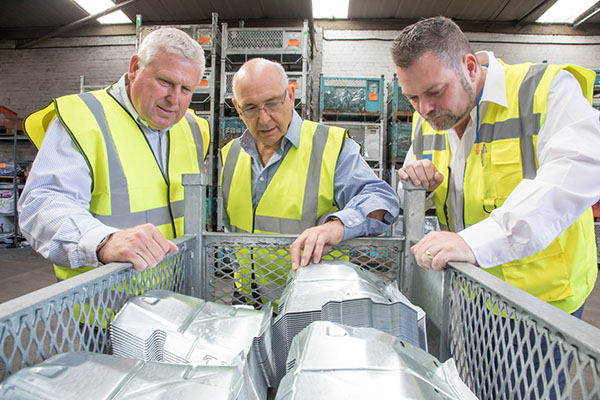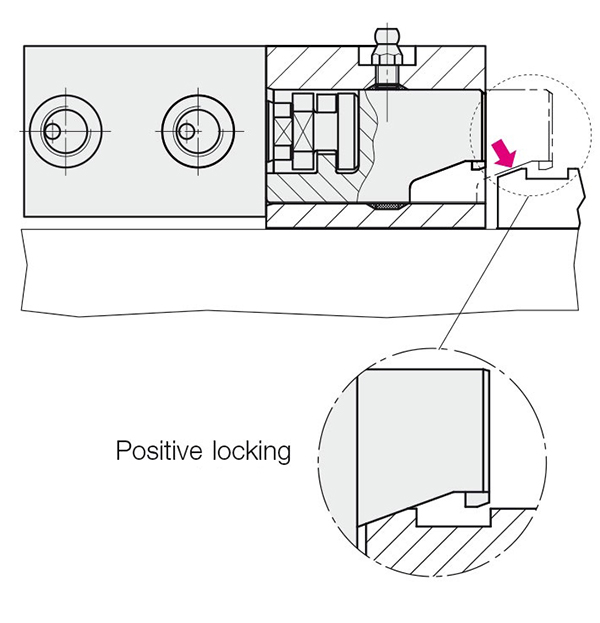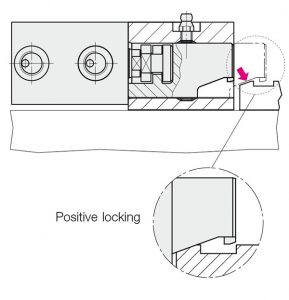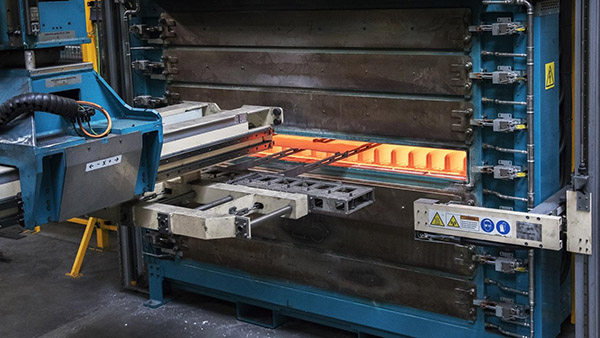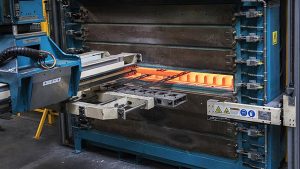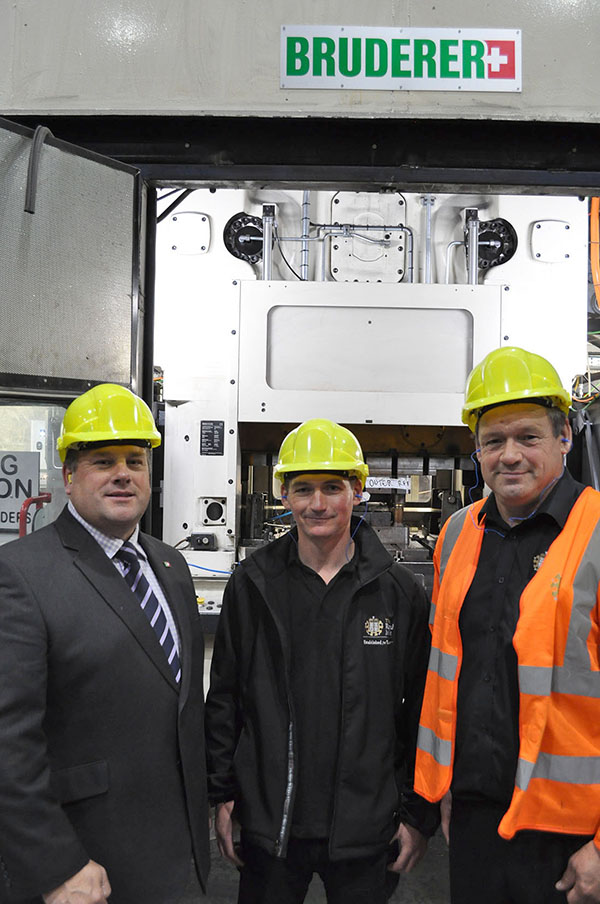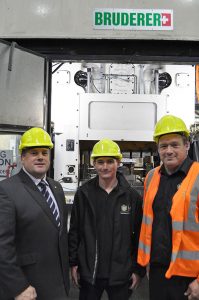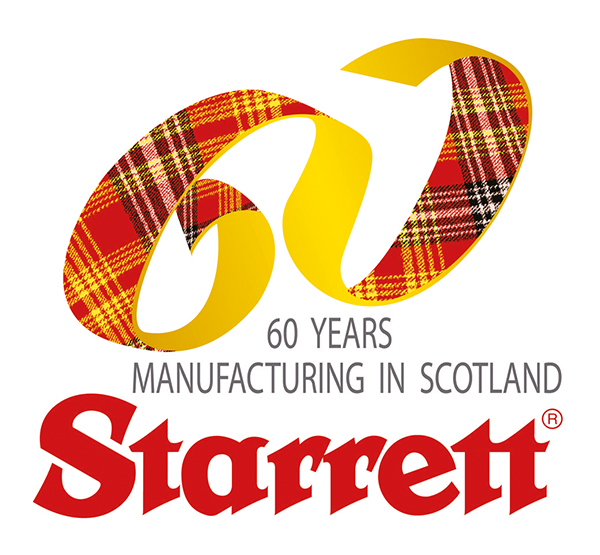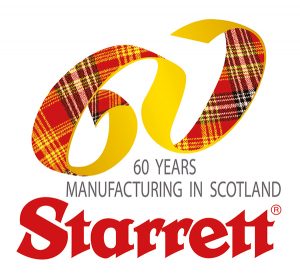A Warwickshire-based metal-forming specialist is celebrating a major transformation in fortunes not long after a management buy-in (MBI) was completed.
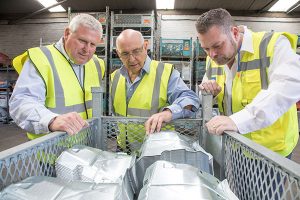
Pressmark Pressings, which provides high-volume components for automotive manufacturers was bought by management team Alan Gardner, John Nollett and Les Wilkins after they spotted an opportunity to turn around one of the sector’s most under-recognised businesses.
Backed by their own cash injection and funding from ABN AMRO and Cambridge and Counties Bank, the three entrepreneurs have used their knowledge and contacts to put in place a number of new processes that have seen the business secure more than £2m of additional contracts to supply pressed parts and sub-assemblies which will be used in new models for Honda and Nissan.
On its current site in Carylon Road, the firm has 26 large-bed presses, ranging from 150 to 1200 tonnes that allow for the production of different size products in both standard metals and exotic alloys. Moreover, the company has created over 25 full time jobs since the MBI.
Chairman Les Wilkins says: “There’s a strong belief between the management team that we can expand by undertaking project management of multi operation/stage work. One recent example is how we worked with a Japanese manufacturer of complex electromechanical components that was investigating production in the UK. It was a tentative enquiry at first, but we have given them advice and guidance during the feasibility study and, subsequently, provided quotes for tooling as well as production and assembly of components. It is the nature of the work that the lead times are quite long, but if you win it, you should retain it for the life of the model.”
For further information www.pressmark.co.uk






